
Common Starling
Common Starling
Common Starling
The Common Starling is a bird in the Passeridae family, with dark brown feathers. In Japan, it was once considered a beneficial bird for eating harmful insects. Its feather patterns and rounded body make it a charming bird. Starlings in the forest captivate listeners with their beautiful songs. While they are now considered a nuisance in Japan, they have various appealing characteristics. The beauty of their songs is also very attractive. This article explains the origin of the name and the characteristics of the starling. Would you like to learn about the hidden charms and ecology of the Common Starling? Let's find out together!
Common Starling Basic Infomation
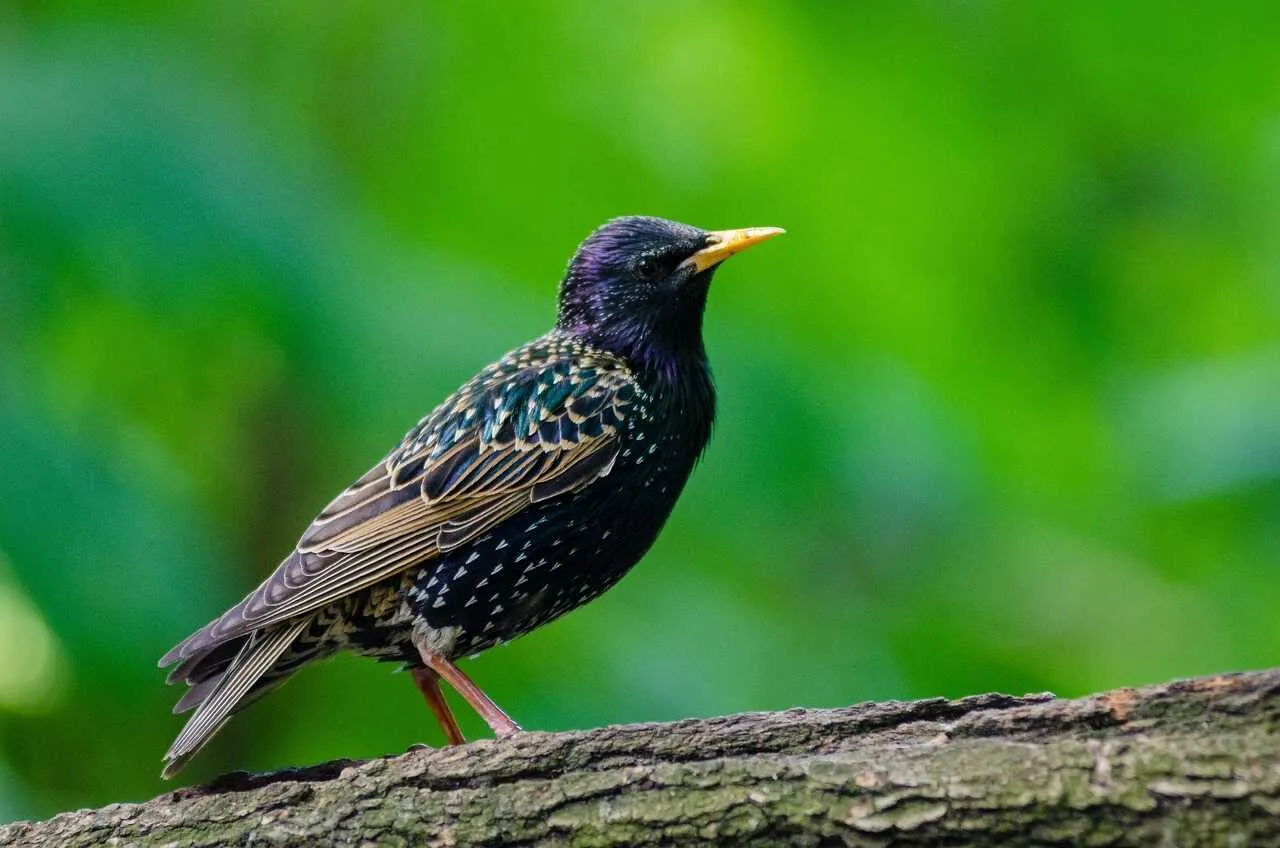
| Property | Value |
|---|---|
| Scientific Name | Sturnus vulgaris Linnaeus, 1758 |
| Taxonomic Status | Accepted |
| Rank | Species |
| Kingdom | Animalia |
| Phylum | Chordata |
| Class | Aves |
| Order | Passeriformes |
| Family | Sturnidae |
| Genus | Sturnus |
| Habitats | Naturally distributed in temperate regions of Europe, and introduced to Australia, New Zealand, North America, South Africa, Fiji, and parts of Asia. |
| Conservation Status | Least Concern |
| Common Names | Common Starling, European Starling |
| Description | The Common Starling or European Starling (Sturnus vulgaris) is a medium-sized passerine bird in the starling family. In the UK and Ireland, it is simply known as the 'Starling.' It has a glossy black plumage with scattered white spots during certain seasons. Its feet are pink, and its bill changes from black in winter to yellow in summer. Juveniles have more brownish plumage than adults. |
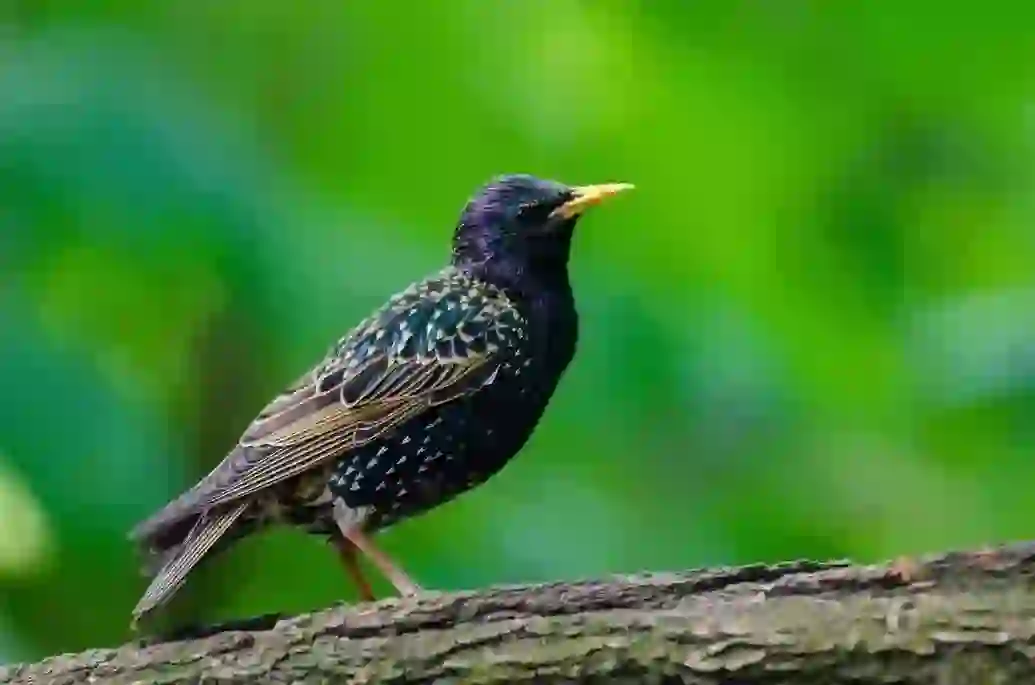
Basic Information about Common Starling
Classification: Aves, Order Passeriformes, Family Sturnidae
Scientific Name: Sturnus cineraceus
Common Name: White-cheeked Starling
Body Length: Approximately 24 cm
Habitat: Mainly found in Japan, China, and East Asia
Diet: Omnivorous (prefers plant seeds and insects)
Feather Color: White and black, varying among groups
Calls: 'Ryaa-ryaa,' 'Kyui,' among others
Common Starling Q&A

What's the origin of the name 'Common Starling'?
There are several theories about the origin of the name 'Common Starling' (椋鳥). One prominent theory is that it is named after its habit of eating the fruit of the 'Muk' tree. Another theory is that it is an abbreviation of '群木鳥' (Murekidori), which means 'flocking bird', referring to its behavior of flying in large flocks.

Why do Common Starling live in certain areas?
Common Starling primarily inhabit Japan and other parts of Asia. Sometimes, they migrate in large flocks from north to south, but the reason for their habitation in specific areas is unknown.
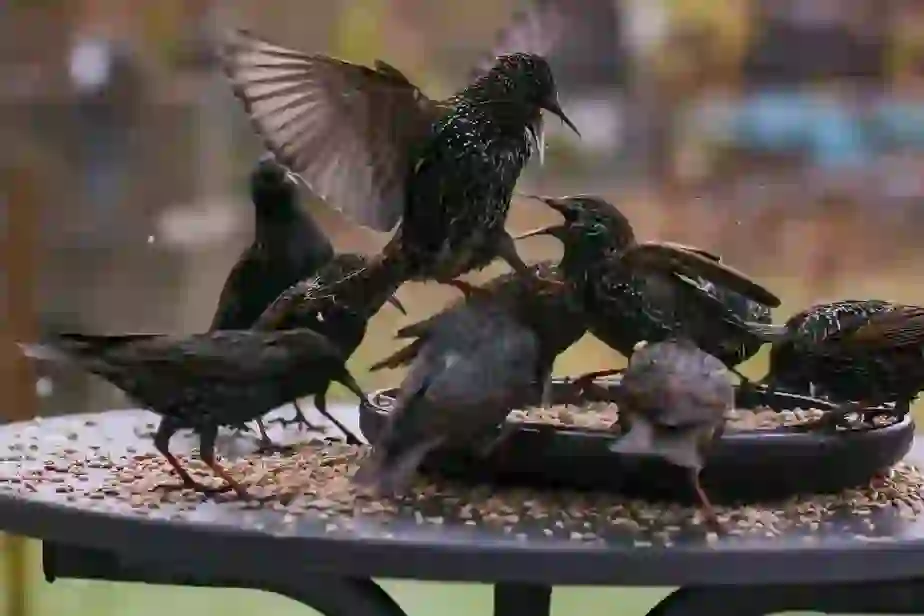
What do Common Starling eat?
Common Starling eat plant seeds and small insects. They may also eat fruits from trees and harmful insects. In rural areas with fields and farmlands, Common Starling occasionally eat pests, helping to reduce crop damage.

Why are Common Starling's calls considered beautiful?
Common Starling, like other Passeriformes birds such as sparrows, nightingales, Japanese white-eyes, and long-tailed tits, have beautiful calls. The common feature among Passeriformes is the well-developed syrinx, which allows them to produce melodious sounds. Most small birds commonly found in Japan are Passeriformes, known for their beautiful songs.
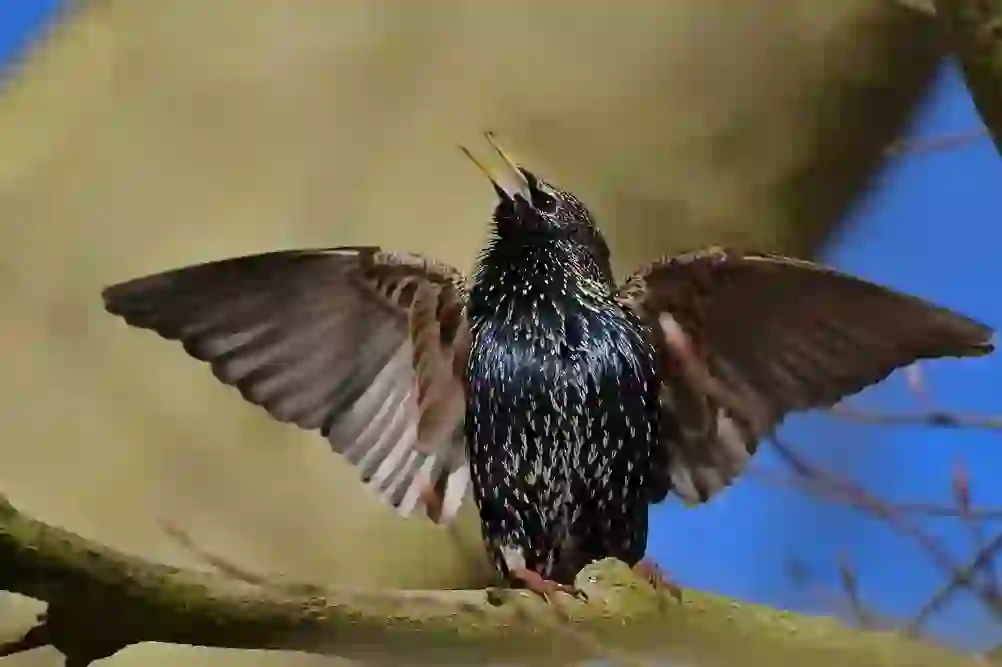
Can Common Starling be kept as pets?
Common Starling are wild birds and cannot be kept as pets. If you want to observe Common Starling, you can look for them flying in urban areas or visit forests. In particular, you might hear Common Starling's beautiful calls in the forest.
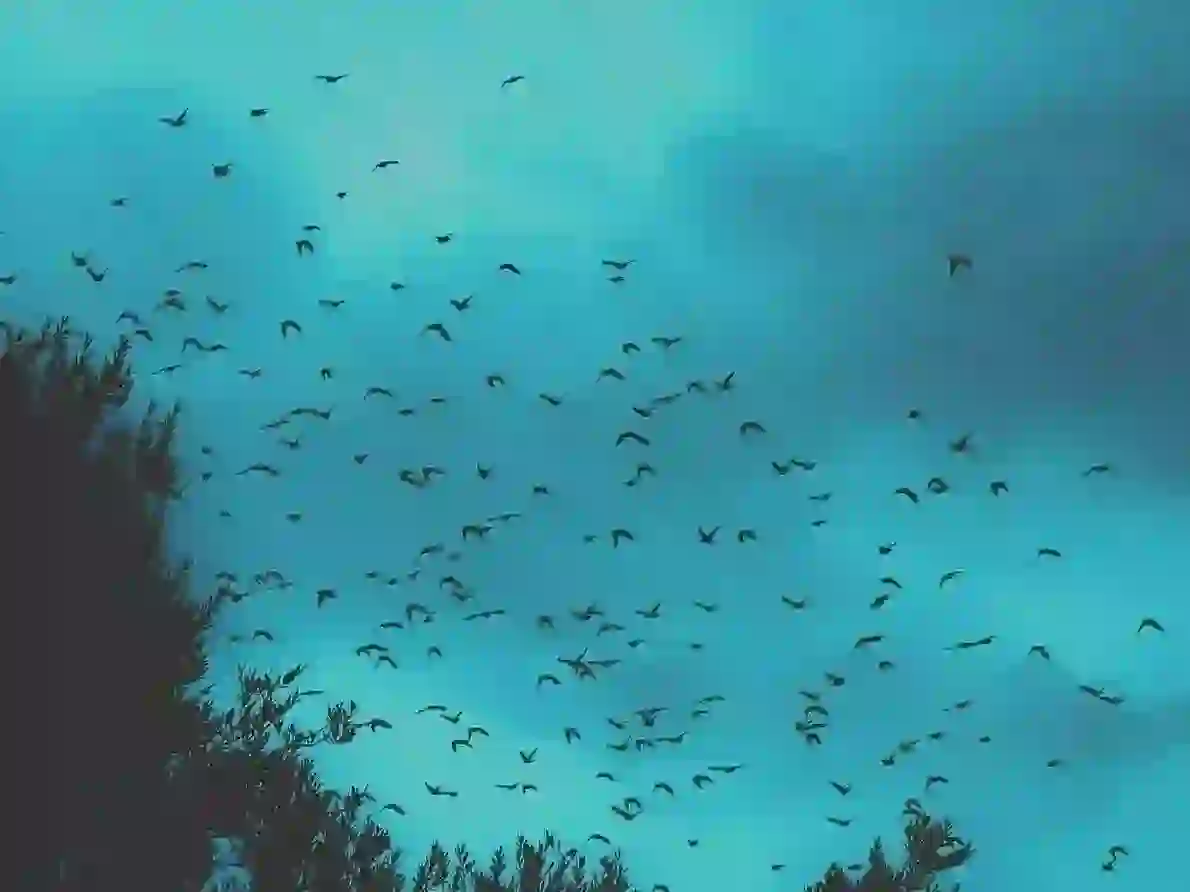
Which is larger, a Bulbul or a Common Starling?
Bulbuls are generally larger than Common Starling. Bulbuls have a body length of 27 cm, with long tail feathers and a black beak. While Common Starling build nests in people's houses, Bulbuls tend to build nests in trees. Additionally, Bulbuls have distinctive head feathers that stand out.
Both birds have their differences, but they both have a round and charming shape.

Why are Common Starling considered pests?
The main reason Common Starling are considered pests is due to environmental changes. Common Starling originally inhabited areas with abundant nature, such as farmland and forests. However, with land reclamation and residential development, their natural habitats have decreased, leading them to inhabit urban areas, causing issues.
However, Common Starling's droppings contain plant seeds, and if they fall near street trees, they can sprout and grow into trees. Instead of viewing Common Starling as pests, they can be seen as birds that enrich nature.

How can Common Starling be observed?
To observe Common Starling, you can install birdhouses to watch them or see them feeding on insects in fields. Common Starling, often considered pests, eat harmful insects, which can help protect crops. If you find Common Starling in nearby fields, observe them as they eat pests.

Would you like to become a part of the 'Animalbook.jp'?
Turn your knowledge into Q&A and share it with the world. ※Publication will be activated after purchase. Let's share information together!
Common Starling Type of List

Common Starling Variants
- Starling
- European Starling
- Siberian Starling
- ComStarling
Information
Congratulations! You are the first commenter!

Create Your Favorite List!
Common Starling
Save the animals you love! Build your own list to quickly revisit your favorites later.

Would you like to leave a comment?
※Please note: This is for the purchase of rights to post comments within the article.
Find Your Favorites!
Our shop offers a unique and attractive selection of goods themed around various animals.
Common Starling References
Common Starling Introduction of media used
Pixabayが提供するInspiredImagesの動画

Siegfried PoepperlによるPixabayからの画像

Aidan SemmensによるPixabayからの画像

Marc PascualによるPixabayからの画像

Help Enrich Our Animalbook.jp with Your Media!
We are constantly looking to expand and enrich our Animalbook.jp with amazing photos and videos of animals. If you have any media that you'd like to share, please contribute and help us showcase the beauty and diversity of the animal kingdom. Your submissions will be credited and featured in our encyclopedia, reaching a wide audience of animal lovers.


















